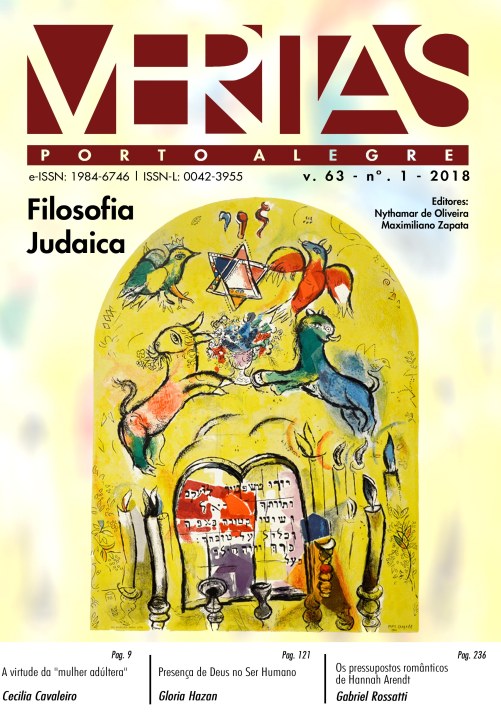Lawsuits in Absence: Vision and Contributions of the Jewish Legal System
DOI:
https://doi.org/10.15448/1984-6746.2018.1.29656Keywords:
Judaism, Trial, Absence, Absentia, Contumacy, Impunity.Abstract
Nowadays, and under the inquisitive, accusatory and mixed criminal procedural systems, the presence of the accused, indicted or defendant is mandatory at the moment in which he is being judged. Thus, effectively respecting the guarantee of possibility, which on the basis of contradiction, the accused may exercise his right to defense. However, the non-appearance of the defendant or indicted in the trial is a problem that occurs quite frequently, aggravating in cases where who is required by justice where the act subject of judicial investigation has been committed is in a country without extradition treaty. Although some countries, mainly European, have exceptionally legislated in favor of trials in absentia, disputes continue due to their instrumentation and effective guarantee and realization of justice. This paper analyzes the contribution of the Jewish legal system, for which the on-site duty on the part of the accused constitutes the basis of its criminal law, but where the voluntary or involuntary absence of the accused confronts with the undeniable biblical precept of pursuing justice. Through the Jewish legal philosophy expressed by its top representatives, lawyers and jurists, such as Maimonides, Aharon HaLevi of Barcelona, Yosef Karo, Moses Isserles, Yoel Sirkis and Yeoshua Katz, will be deepened in cases where the relationship between the absence of the accused and the need to do justice is problematized. Specifically, it will examine the legal causes and the philosophical reasons for which such a face-to-face duty is given, its exceptions, and the contributions of Judaism for cases where the accused of aberrant crimes, terrorists or crimes against humanity, do not appear before the courts.Downloads
References
Maimonides. The Guide for the Perplexed. New York: Dover Publications, 2012
Maimonides. The Rambam's Mishneh Torah. Translated by Eliyahu Touger and Boruch Kaplan. Moznaim, 1998.
Pritchard, James B., Editor. Ancient Near East Texts Relating to the Old Testament. Princeton, NJ: Princeton University Press, 1955. DOI: https://doi.org/10.1515/9781400882762
Steinschneider, Moritz. The Hebrew Translations of the Middle Ages and the Jews as Transmitters: Vol I. Preface. General Remarks. Jewish Philosophers. Berlin: Springer; 2013.
The Talmud: The Steinsaltz Edition. New York: Random House, 1989.
The William Davidson Talmud online at Sefaria. Available at: <https://www.sefaria.org/texts/Talmud>
Downloads
Published
How to Cite
Issue
Section
License
Copyright
The submission of originals to Revista Veritas implies the transfer by the authors of the right for publication. Authors retain copyright and grant the journal right of first publication. If the authors wish to include the same data into another publication, they must cite Revista Veritas as the site of original publication.
Creative Commons License
Except where otherwise specified, material published in this journal is licensed under a Creative Commons Attribution 4.0 International license, which allows unrestricted use, distribution and reproduction in any medium, provided the original publication is correctly cited. Copyright: © 2006-2020 EDIPUCRS</p






